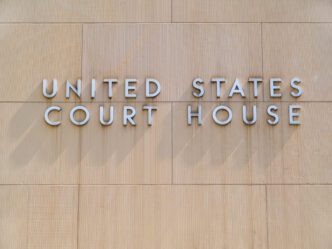Executive Summary
- The City of Middletown has delayed the resumption of water billing until January 2026 following an August cyberattack.
- Officials reversed a prior plan to impose a 25 percent surcharge on December bills after public pushback.
- Future bills will be based on actual meter readings rather than estimates, potentially resulting in higher initial balances.
- The city is developing payment plans and grace periods to assist residents with catching up on missed payments.
The City of Middletown, Ohio, has announced a delay in the resumption of water billing for residents until January 2026, continuing the administrative fallout from a cybersecurity incident that disrupted municipal services earlier this year. The decision marks a shift in strategy as city officials work to reconcile revenue collection with community impact following the August breach.
According to an update issued by the city on Tuesday, there will be no water bills issued or service shutoffs during the month of December. This announcement effectively reverses a proposal shared last week, in which the city planned to include a 25 percent usage fee on December bills to recoup revenue lost during the payment system outage. Officials indicated that the decision to walk back the surcharge was made in response to community feedback.
Starting in January, the city intends to resume traditional billing utilizing actual meter readings rather than estimated charges. Officials acknowledged that the initial bills may be higher than usual due to the accumulation of missed billing cycles caused by the cyberattack, which paralyzed the city’s payment systems in August.
To mitigate the sudden financial burden on residents, the city stated it is developing grace period and payment plan options. A social media post from the city clarified that they are working on a plan to allow residents to catch up on payments over several months. Further details regarding these financial assistance arrangements are expected to be released next week.
Operational Recovery Analysis
The prolonged disruption to Middletown’s utility billing infrastructure underscores the significant downstream effects of cyberattacks on municipal governance. While the technical aspects of such breaches are often resolved relatively quickly, the administrative reconciliation—specifically regarding revenue streams and public data accuracy—can extend for months. By abandoning the estimated surcharge model in favor of actual readings and payment plans, the city appears to be prioritizing the accuracy of financial records and the maintenance of public trust over immediate liquidity recovery.








